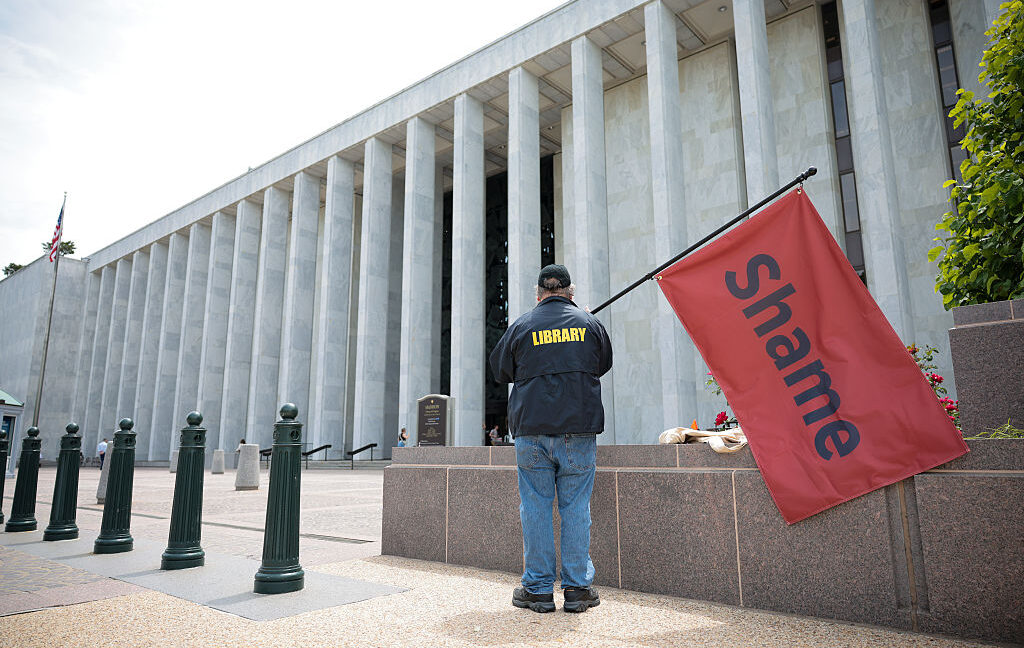INSUBCONTINENT EXCLUSIVE:
Also among those "general observations," the Copyright Office wrote that "making commercial use of vast troves of copyrighted works to
produce expressive content that competes with them in existing markets, especially where this is accomplished through illegal access, goes
beyond established fair use boundaries."The report seemed to suggest that courts and the Copyright Office may also be aligned on AI firms'
use of pirated or illegally accessed paywalled content for AI training.Judge Chhabria only considered Meta's torrenting in the book authors'
case to be "kind of messed up," prioritizing the fair use question, and the Copyright Office similarly only recommended that "the knowing
use of a dataset that consists of pirated or illegally accessed works should weigh against fair use without being determinative."However,
torrenting should be a black mark, the Copyright Office suggested
"Gaining unlawful access" does bear "on the character of the use," the office noted, arguing that "training on pirated or illegally accessed
material goes a step further" than simply using copyrighted works "despite the owners' denial of permission." Perhaps if authors can prove
that AI models trained on pirated works led to lost sales, the office suggested that a fair use defense might not fly."The use of pirated
collections of copyrighted works to build a training library, or the distribution of such a library to the public, would harm the market for
access to those Works," the office wrote
"And where training enables a model to output verbatim or substantially similar copies of the works trained on, and those copies are readily
generate unrestricted content that competes in the marketplace, when licensing is reasonably available, is unlikely to qualify as fair use."

